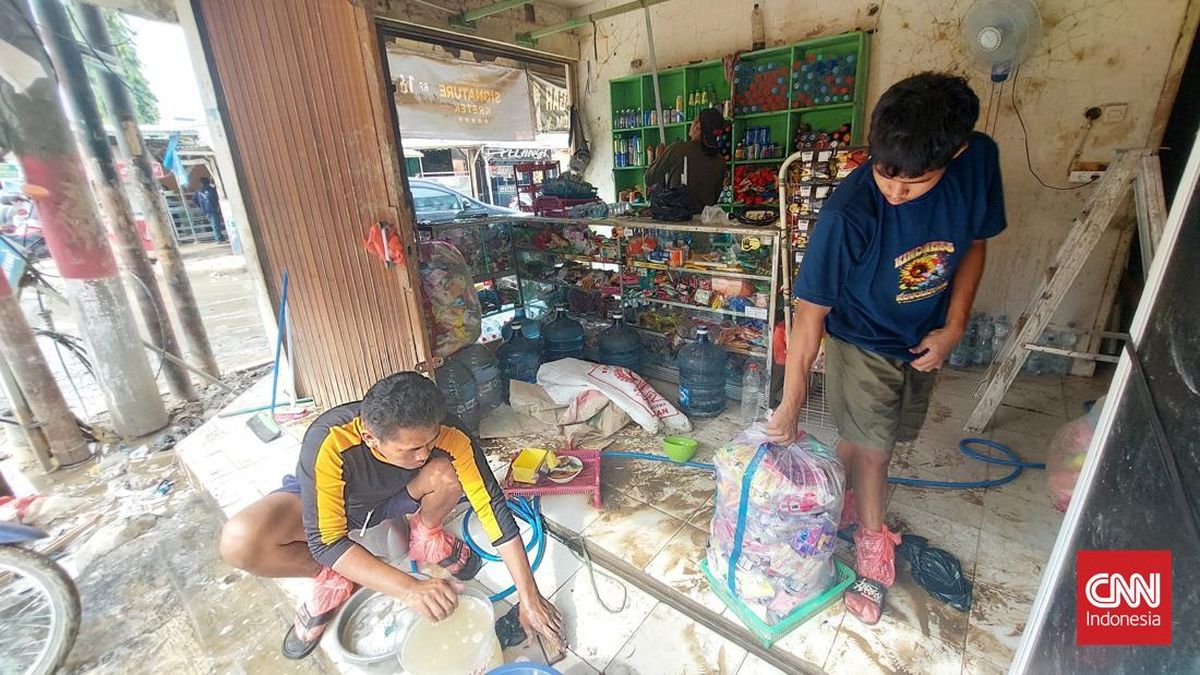TEMPO.CO, Jakarta - For individuals living with GERD (Gastroesophageal Reflux Disease), fasting in Ramadan can be particularly challenging. GERD occurs when stomach acid flows back into the esophagus, causing discomfort such as heartburn and chest pain.
The changes in eating patterns and restricted meal times during fasting may trigger GERD symptoms, making it essential for patients to manage their condition effectively to fast safely and comfortably.
Dr. Ari Fahrial Syam, an internal medicine specialist, as quoted by Antara, explains that individuals with GERD can still observe fasting during Ramadan. He suggests that if discomfort occurs before fasting or during suhoor, patients can take stomach medication as a precaution.
Dr. Ari notes that the discomfort typically lasts only for the first 7 to 10 days of fasting as the body adjusts to new eating patterns. Once the body adapts, fasting can be done comfortably without the need for medication.
To ensure a smooth fasting experience, there are several strategies that GERD patients can adopt. According to Naluri Life and EMC Healthcare, here are six tips for safe fasting:
1. Choose the Right Foods for Suhoor and Iftar
Selecting the right foods is key to managing stomach acid levels. Opt for complex carbohydrates like rice, whole wheat bread, and oatmeal to provide sustained energy and stabilize stomach acid. Include low-fat proteins such as skinless chicken, fish, tofu, and tempeh, which help prevent excess acid production.
Incorporate fiber-rich vegetables and fruits to aid digestion. Avoid foods that trigger GERD, such as spicy, acidic, high-fat, fried, and processed foods.
Caffeine-laden beverages like coffee, tea, and soda should be limited as they stimulate acid production. Excess sugar intake should also be minimized as it can lead to weight gain and slow digestion.
2. Eat Moderate Portions, No Overeating
Overeating at Iftar can strain the stomach and trigger acid reflux. It is advisable to begin with water and dates, followed by light snacks before having a larger meal after the Maghrib prayer. Chewing food slowly reduces stomach strain and helps prevent bloating.
Additionally, avoid lying down immediately after eating, as this can cause stomach acid to flow into the esophagus. Wait at least 2 to 3 hours before going to sleep to allow proper digestion.
3. Maintain Hydration to Prevent Dehydration
Inadequate fluid intake can increase stomach acid production, exacerbating GERD symptoms. Aim to drink 8 to 10 glasses of water daily, distributed between suhoor and iftar. Drink water while sitting, and avoid drinking while lying down.
Limit caffeinated, carbonated, or very cold drinks, as they can aggravate GERD. Opt for warm water or herbal teas, which are gentler on the stomach.
4. Avoid GERD-Triggering Bad Habits
Certain habits can worsen GERD symptoms. Smoking and alcohol consumption should be avoided as they weaken the lower esophageal sphincter and facilitate acid reflux. Lack of sleep and stress can also contribute to acid production, so it is important to maintain a consistent sleep schedule. When sleeping, try elevating your head to prevent acid reflux.
Refrain from engaging in strenuous activities immediately after eating as they can compress the stomach. Wait at least 1 to 2 hours before exercising.
5. Manage Stress Effectively
Stress can stimulate excessive stomach acid production, worsening GERD. Practice relaxation techniques like meditation, deep breathing, or dhikr after iftar to calm the mind. Ensure adequate sleep (6 to 8 hours) each night to maintain digestive health and hormone balance.
Minimizing emotional stress and engaging in positive activities during Ramadan can significantly reduce GERD symptoms and improve overall well-being.
6. Continue Medication if Necessary
GERD patients should consult with their doctor before fasting. Common medications for GERD include antacids, proton pump inhibitors (PPIs) like omeprazole, and H2 receptor blockers such as ranitidine.
Depending on the condition, other medications like prokinetics or potassium-competitive acid blockers (P-CABs) may also be prescribed. If symptoms worsen despite preventive measures, it is permissible to break the fast for health reasons. In Islam, prioritizing health is essential, and fasting is not mandatory for those whose health prevents it.
By following these guidelines, individuals with GERD can safely observe fasting during Ramadan while managing their condition effectively.
Editor’s Choice: Variety of Drinks That Should Not Be Consumed During Suhoor and Iftar
Click here to get the latest news updates from Tempo on Google News

















































